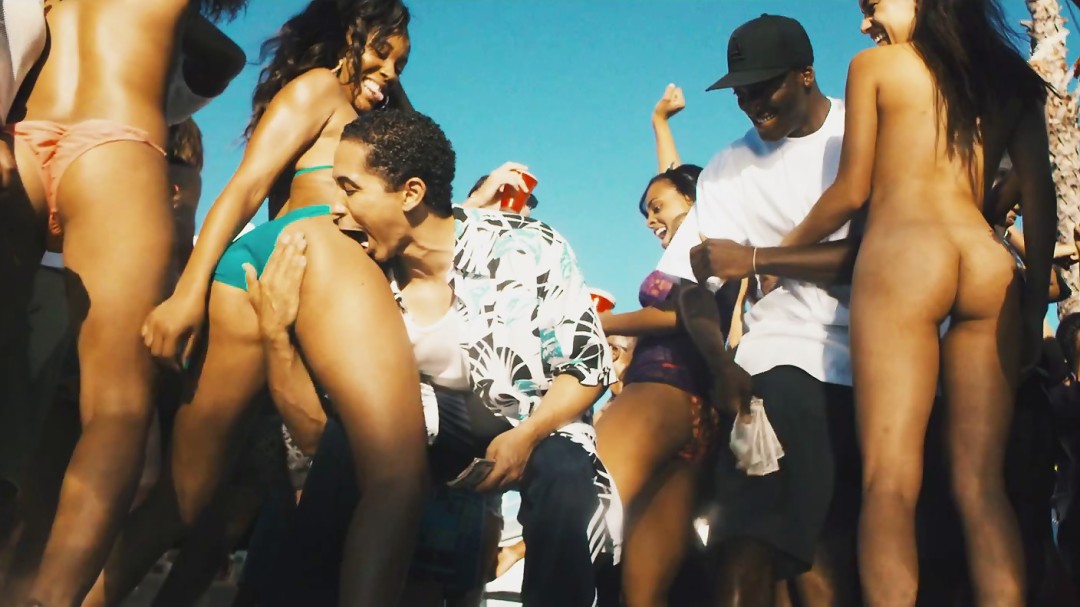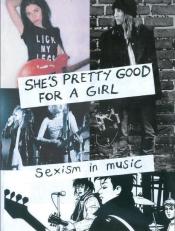Everybody get up…
I’d like to focus actually on the women in music themselves for this post. Perhaps the most prominent feature of modern pop music is the lyrics, given that casual listeners use them as a homing point to “relate to” the song, or find themselves being unable to escape the genius of that catchy hook that keeps it as an ever-present in their music library. And so, with this in mind, the ‘Women in Music’ in this post are those that are actually portrayed in the lyrical content of certain songs.

It has become an accepted byproduct of rap music that it includes over-the-top, overtly over-sexualised lyrics that subordinate and demean women. It’s become sort of a “funny” characteristic to wittily reel off in a stereotypical assessment of the genre, much in the same way you might make some hilarious comment about tractors and country music. However, lyrics that glorify rape culture and vilify women transcend musical style, and we’re starting to see them permeate mainstream music unashamedly blared on the radio. Now we can browse jeans in Topshop whilst hearing Robin Thicke’s insistence that ‘I know you want it’, and even listen to oh-so-sweet Taylor Swift’s characteristically innocent quip that ‘she’s better known for the things that she does on the mattress’ whilst driving to work.
Continue reading “Lyrical Badness: An Exploration of Sexism in Modern Music”


 Following on from
Following on from 